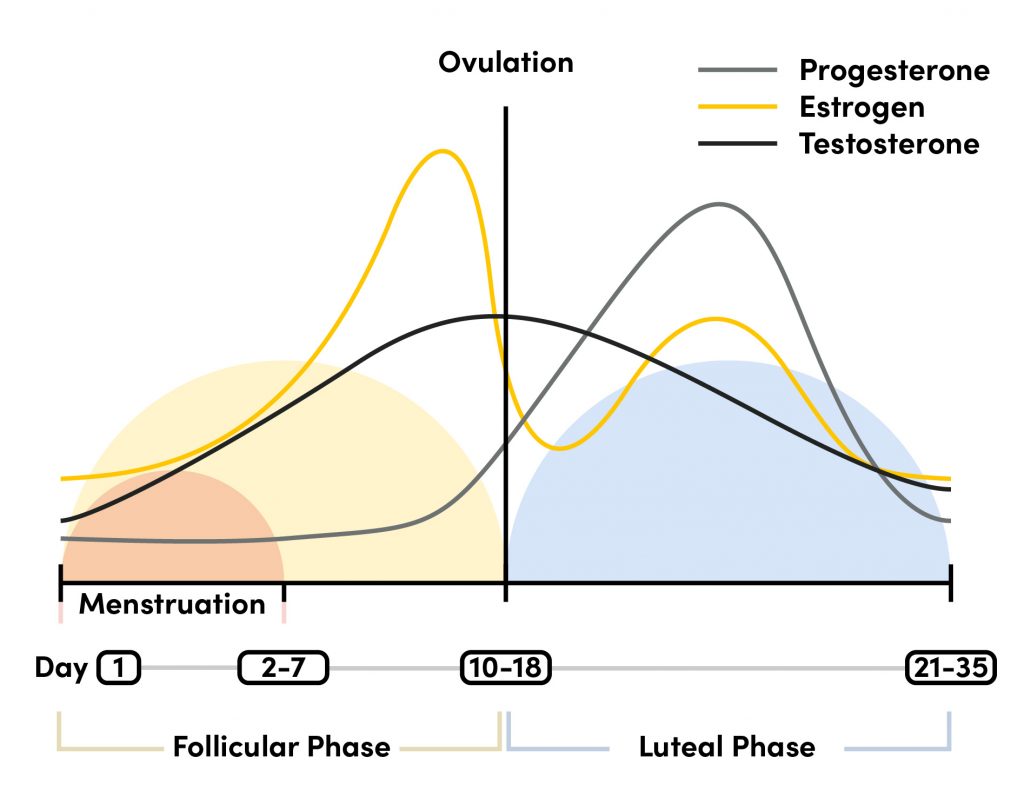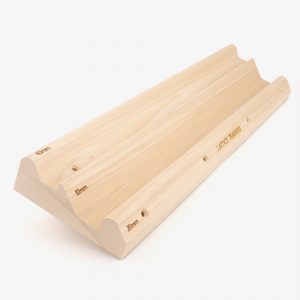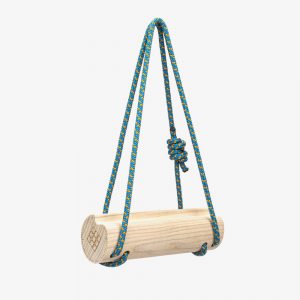Syncing Your Deload Week with Your Menstrual Cycle to Optimise Training
Syncing your deload week with your period can improve the consistency and success of your training, as well as your mindset. Coach Maddy explains how symptoms of the menstrual cycle may affect your training and how she schedules her deload week to maximise outcomes despite symptoms.

The temptation once you begin to track your menstrual cycle is to become fixated on the impact on your training and performance. Whilst it’s helpful to understand how your period may affect you, remember: your perception of its effect is not necessarily the same as the actual effect. And being overly focused on your cycle and how it changes your performance may become a self-fulfilling prophecy.
There have been a number of studies that have looked at the perceived change in performance across the menstrual cycle. Between studies there is variation; additionally, none of these studies were looking at climbing specifically. Although research should be considered highly, studies inevitably have their limitations.
Let’s take a look at some figures from one study included in a 2021 narrative review of competitive athletes in Australia:
- 83% experienced premenstrual symptoms
- 50% felt these impacted their training
- 56.5% felt these impacted their performance on “game day”
- 6.4% reported that their training was positively affected by their menstrual cycle
What conclusions can we draw?
Firstly, the study measured ‘perception of performance’ which is a subjective metric. The relationship between our perception of our performance and our objective performance is complex. Just because we feel like our performance is worse, does not mean our performance is worse.
Although a large proportion of participants experienced symptoms, a smaller proportion felt their performance was impacted. This may be due to the nature of the symptoms or because of effective management of symptoms. Either way, symptoms don’t necessarily impact our perception of our performance. Don’t assume your performance will be impacted by your period: keep an open, optimistic mind.
Additionally, a small proportion of participants felt impacted on ‘game day’ but not in training. This could suggest that we may perceive our menstrual cycle as impacting more on our performance in higher pressure situations (perhaps at a competition or working on a project).
A proportion of athletes didn’t experience any symptoms at all. This shows that, just because the consideration of the menstrual cycle is growing in sport, it doesn’t mean it needs to be applied to everyone. It is important for all individuals to focus on their experience; there is no one-size fits all approach (as with most things in training and performance!).

Thoughts from Coach Maddy
One of the useful changes that comes from tracking your cycle is to be able to match up your deload week with the phase of your cycle where you may experience symptoms.
By doing this, I have found that I’m maintaining the quality of my sessions and keeping my training consistent; I’m not missing as many sessions due to feeling too tired or not being able to hit the intensity. I also feel more positive about my training as a whole because I have fewer frustrating sessions where my coordination and power haven’t turned up!
What is a deload week?
I think a common misconception about deload weeks is that it is complete rest. This isn’t true!
By the end of the week, you need to feel recovered, so choose sessions that work towards your training goals that also let you recuperate.
When do you schedule your deload week?
For me, my late luteal phase (week before my period) is where I feel slower to recover, more bloated and less coordinated. I also have more disturbed sleep. This is when I schedule my deload.
However, everyone’s cycle is different; you may have symptoms at a different point in your cycle and might want to schedule your deload week then.
How does your mindset change?
I shift my mindset so that the intention for the week is to feel well recovered. This is a switch from that ‘push through’ or ‘try hard’ mindset that we often adopt in training. This intention ensures that I am flexible and will always look to adjust if needed.
How do your training sessions change?
My current training focus is strength, so I drop the volume but maintain some high intensity sessions. I schedule my week so that I don’t do any long sessions that feel harder to recover from.
I like to use a ‘strength interval’ style session where I repeat problems I have already done, that I know well and don’t have any low percentage moves.
I find it easy to motivate myself for strength-based conditioning, so I tend to keep in a conditioning session but at reduced volume. I don’t use this week to push for PBs or testing.
Fingerboard training is my nemesis so I don’t tend to do any weighted sessions in my deload week, but do use a short bodyweight session to warm up for my climbing.

Follow Coach Maddy on Instagram.
More blog posts on the menstrual cycle.





